By David Swedelson, Partner, SwedelsonGottlieb, Community Association Attorneys
 The Nevada Supreme Court recently ruled that a super priority lien held by a Nevada homeowners association can extinguish a first deed of trust on a property. The Court stated: “With limited exceptions, this lien is ‘prior to all – other liens and encumbrances’ on the homeowner’s property, even a first deed of trust recorded before the dues became delinquent”
The Nevada Supreme Court recently ruled that a super priority lien held by a Nevada homeowners association can extinguish a first deed of trust on a property. The Court stated: “With limited exceptions, this lien is ‘prior to all – other liens and encumbrances’ on the homeowner’s property, even a first deed of trust recorded before the dues became delinquent”
The Las Vegas Review-Journal reports that this decision will create a windfall for some real estate investors in Las Vegas who picked up properties for pennies on the dollar.
I have previously written an article that addressed assessment super priority liens. 19 states have them. Unfortunately, we do not have super liens in California.
Continue reading





 Growing up, there was a home in our neighborhood that had a massive radio antenna, much like the one in the photograph that is part of this blog post. As a kid, I was fascinated by the antenna. It was so big. Actually, I was captivated by the thought that I could talk to people around the world via a ham radio.
Growing up, there was a home in our neighborhood that had a massive radio antenna, much like the one in the photograph that is part of this blog post. As a kid, I was fascinated by the antenna. It was so big. Actually, I was captivated by the thought that I could talk to people around the world via a ham radio. By David Swedelson, Partner, SwedelsonGottlieb, Community Association Attorneys
By David Swedelson, Partner, SwedelsonGottlieb, Community Association Attorneys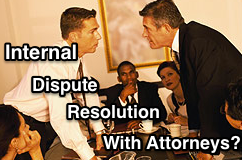 Who said you can’t trust lawyers? You can certainly trust SwedelsonGottlieb, as we are actively opposing proposed new legislation that would make us more money, AB 1738. This bill concerning internal dispute resolution (IDR) in common interest developments (Civil Code Sections 5900-5920) was recently passed by the the California State Assembly and the Senate unopposed. It’s clear that the legislators do not understand the implications of what may happen if this legislation is signed into law by the Governor. If signed into law, this new law will most certainly make more work for us community association attorneys, as owners will be bringing their attorneys to IDR meetings, and many boards will opt to do the same.
Who said you can’t trust lawyers? You can certainly trust SwedelsonGottlieb, as we are actively opposing proposed new legislation that would make us more money, AB 1738. This bill concerning internal dispute resolution (IDR) in common interest developments (Civil Code Sections 5900-5920) was recently passed by the the California State Assembly and the Senate unopposed. It’s clear that the legislators do not understand the implications of what may happen if this legislation is signed into law by the Governor. If signed into law, this new law will most certainly make more work for us community association attorneys, as owners will be bringing their attorneys to IDR meetings, and many boards will opt to do the same. 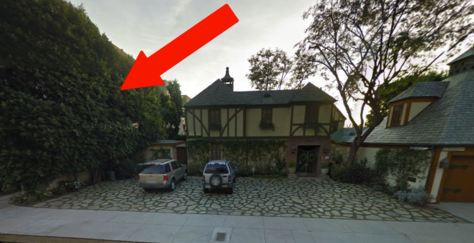 We deal with a lot of view obstruction disputes. We are able to resolve most of these disputes, as they are subject to CC&Rs which set out what view is protected. And the CC&Rs and the Civil Code provide that the prevailing party is entitled to collect their attorneys’ fees. That usually convinces most people that the fight is not worth the cost.
We deal with a lot of view obstruction disputes. We are able to resolve most of these disputes, as they are subject to CC&Rs which set out what view is protected. And the CC&Rs and the Civil Code provide that the prevailing party is entitled to collect their attorneys’ fees. That usually convinces most people that the fight is not worth the cost. 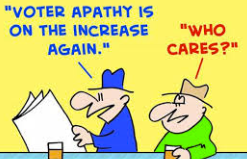 It is an old problem. Many California community associations cannot motivate their owners to participate or even vote at association elections. We have had clients that have been unable to obtain a quorum for director elections for more than 20 years. Even my own association recently reported a failure to achieve a quorum and decided not even to bother holding a second meeting, knowing that the chances of obtaining a quorum was remote.
It is an old problem. Many California community associations cannot motivate their owners to participate or even vote at association elections. We have had clients that have been unable to obtain a quorum for director elections for more than 20 years. Even my own association recently reported a failure to achieve a quorum and decided not even to bother holding a second meeting, knowing that the chances of obtaining a quorum was remote. I was alerted to a proposed smoking ban in apartments and condominiums by the City Council in Culver City, California.
I was alerted to a proposed smoking ban in apartments and condominiums by the City Council in Culver City, California. 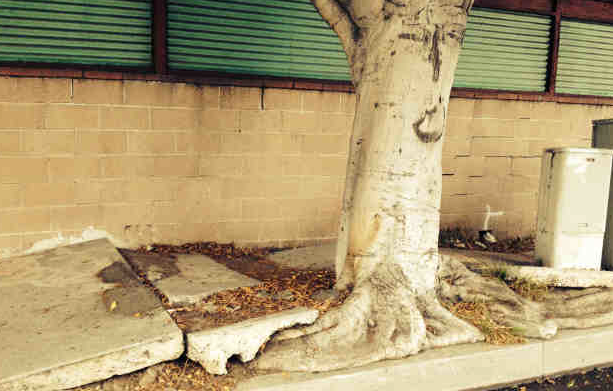
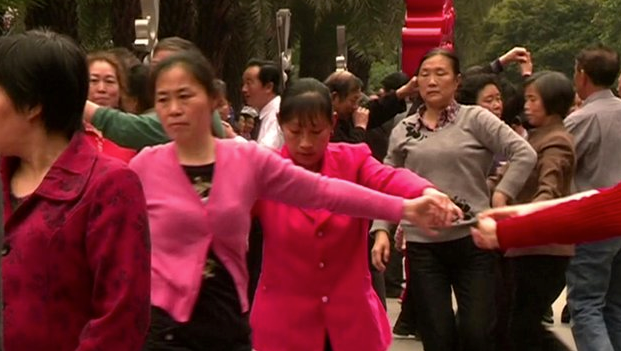 We often get calls from Board members and managers asking us to help them with noise problems. Usually, the complaints involve hard surface flooring, loud stereos or TVs, prolonged or loud dog barking, or a tenant who plays a musical instrument for several hours a day, especially on the weekend or in the evenings.
We often get calls from Board members and managers asking us to help them with noise problems. Usually, the complaints involve hard surface flooring, loud stereos or TVs, prolonged or loud dog barking, or a tenant who plays a musical instrument for several hours a day, especially on the weekend or in the evenings.  Robin Williams is dead. We lost a great talent, a very funny man. As one commentator wrote, the world is a lot less funny today.
Robin Williams is dead. We lost a great talent, a very funny man. As one commentator wrote, the world is a lot less funny today.